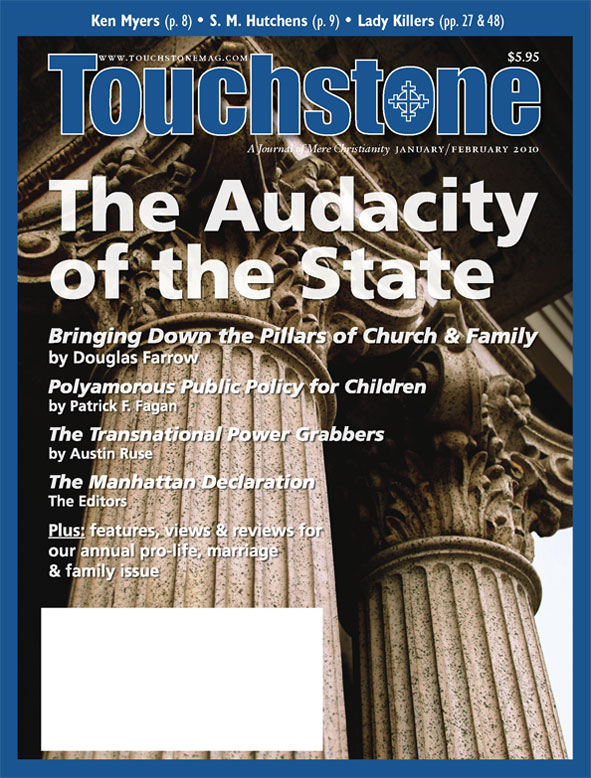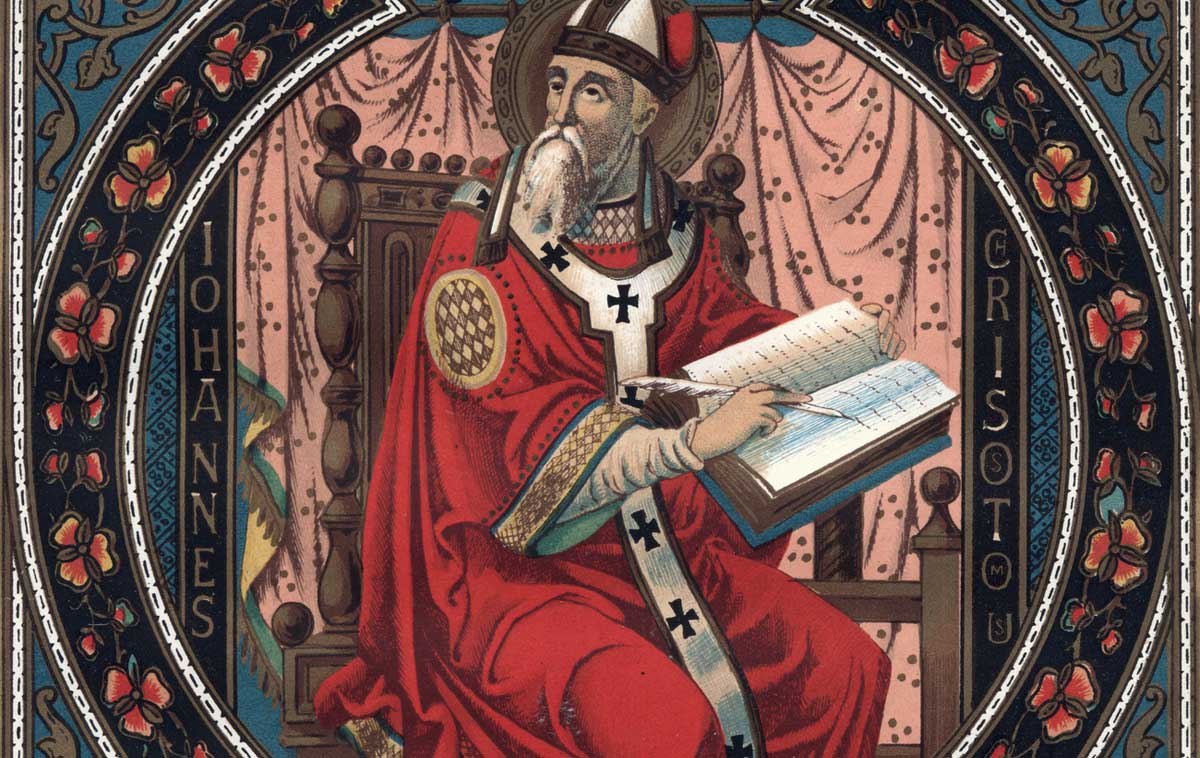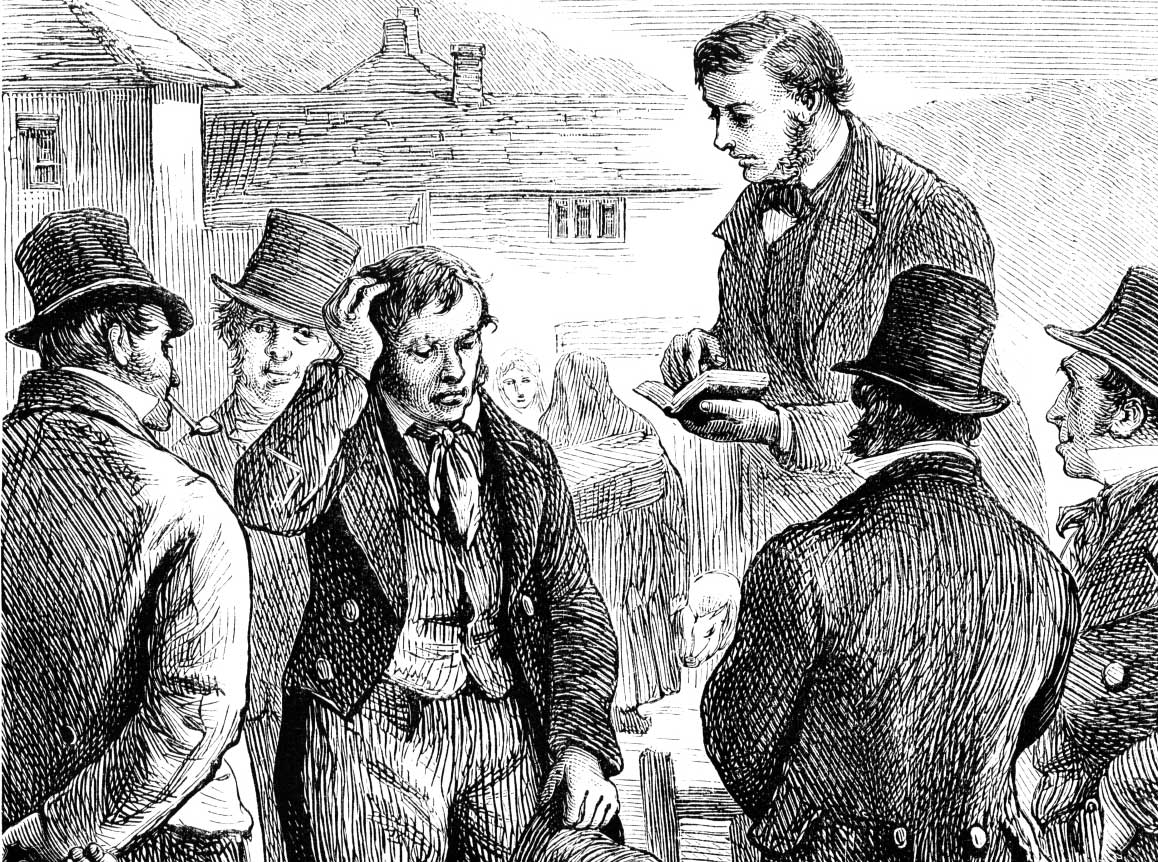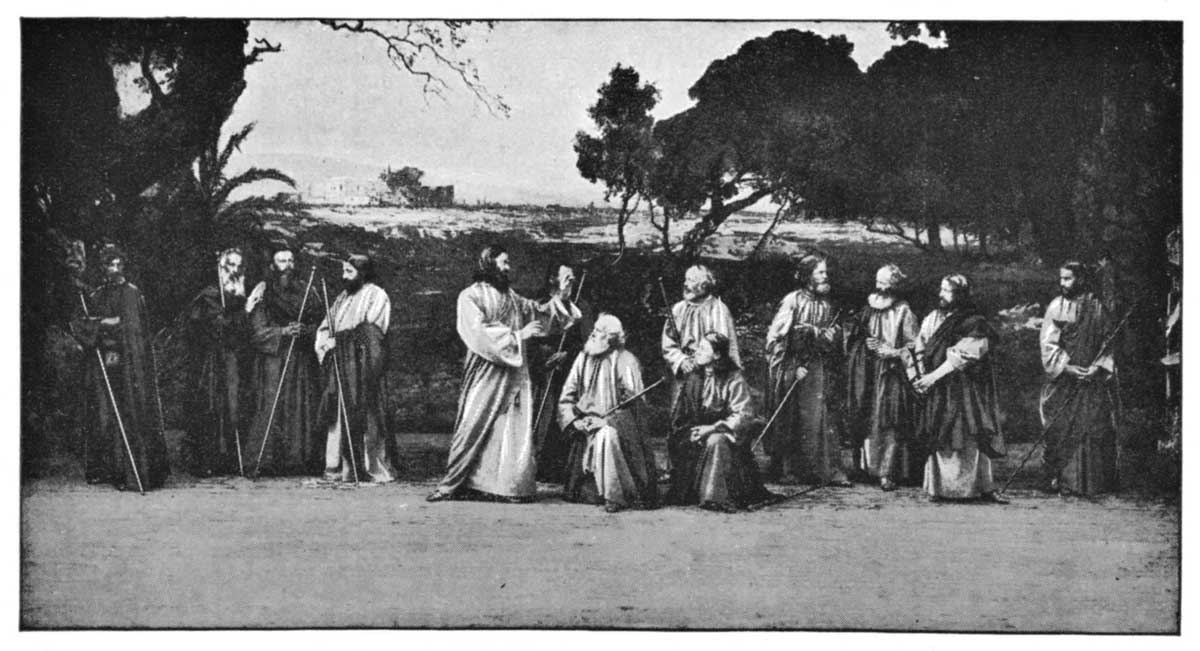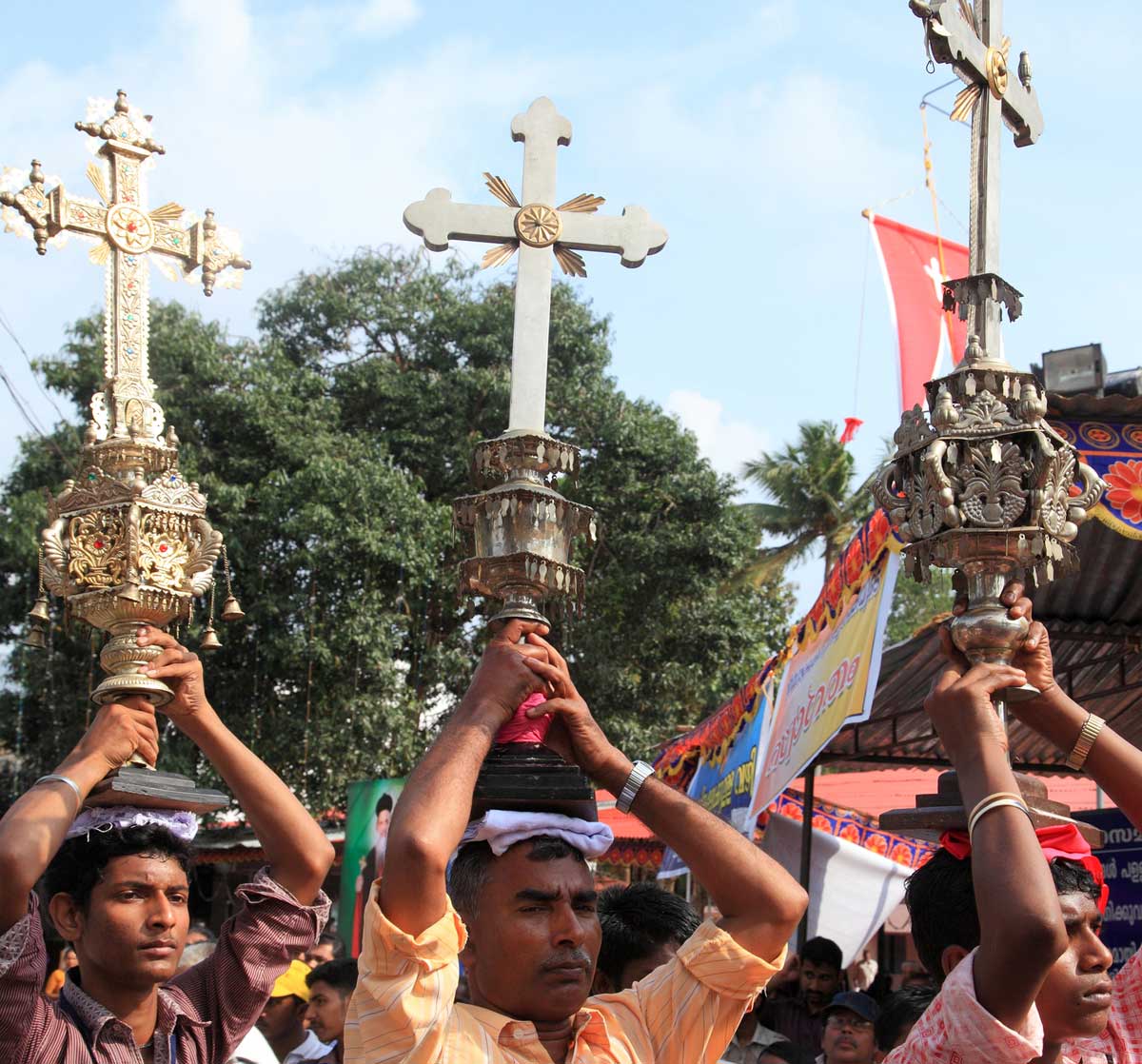Custodial State
Nation of Bastards: Essays on the End of Marriage
by Douglas Farrow
BPS Books, 2007
(116 pages, $15.95, paperback)
reviewed by Allan Carlson
The Preamble to the 1960 Canadian Bill of Rights affirms that “the Canadian Nation is founded upon principles that acknowledge the supremacy of God, the dignity and worth of the human person and the protection of the family in a society of free men and free institutions.” Paul Martin, Sr., the statesman who drafted this document, wanted a Canada committed to the Universal Declaration of Human Rights, especially those passages concerning “the sanctity and inviolability of the family as the fundamental unit of society.”
Douglas Farrow’s Nation of Bastards details the vast moral and social revolution that has occurred in the Great White North over the last fifty years. He borrows his title from a label once directed at the French, reputedly by Mark Twain. Farrow, who teaches Christian Thought at McGill University in Montreal, concludes that “Nation of Bastards” now has a new relevance: “Same-sex marriage makes bastards of us all, and as a nation of bastards we are all wards of the state.”
Chattels of the State
Notable is Farrow’s application of the term “natural” to his analysis. A Roman Catholic with a keen understanding of natural law, he sees Canada’s “divorce from traditional marriage” through recent court decisions and parliamentary actions as creating “a nasty custody battle between the state and the natural family unit for the country’s children.” He labels authentic marriage “naturally procreative” and blasts the parliamentary legislation that dismantled the language of “natural parent” in favor of “legal parent.” Where “nature provides for only two parents,” Canadian law may now, if it chooses, “provide for more,” such as the “three-parent” family recently created by an Ontario court.
While consistently fair to his opponents, Farrow openly reports on their deeper, radical motives. He cites the reasoning of gay activist Michelangelo Signorile that the superior approach to winning homosexual rights “might be to fight for same-sex marriage and its benefits and then, once granted, [to] redefine the institution of marriage completely.” As another GLBT theorist explains, “Being queer means pushing the parameters of sex, sexuality, and family,” and thence to “radically reordering society’s view of reality.”
The core political issue in the same-sex marriage debate is actually the relation between family and liberty. Farrow persuasively argues that marriage, when viewed through a classical Christian lens, “is a bulwark of human freedom within the state, and if need be, over against it.” Family and faith are central to the survival of liberty, as the unique “foundries” for the production of people oriented toward ordered liberty. The separation of marriage from procreation radically alters the equation. Farrow shows how the Canadian state has used human-rights discourse on homosexuality to clear “the path to state tyranny,” weakening the only natural institution in its way. The result of this reinvention of marriage has been to make “every man, woman, and child a chattel of the state.”
The author admits that the eighteenth-century French writer Jean Jacques Rousseau was “prescient” in identifying marriage as an “important” future political-cultural battleground. However, given his own weird moralizing, Rousseau failed to realize that a land composed only of bastards—those born outside of Christian marriage—would actually create his ideal state, with nothing standing between each individual and the government.
The Conquest of Marriage
Farrow reveals, as well, that the true effect of Canadian court rulings on same-sex marriage has been the liberation of both citizens and state from the claims of influence by the Christian churches. Such decisions expanded the distinction between civil marriage and religious marriage, effectively eliminating the latter. These rulings also reflect a powerful convergence of interest between Canada’s federal government and the “gay community.” The author predicts that, after destroying real marriage, the state will “turn its attention more directly to the problem of religion and in particular of the Catholic Church.” The goal will be the complete suppression of Christian influence in the public square.
Allan C. Carlson is the author of numerous books, including Family Questions: Reflections on the American Social Crisis and The American Way: Family and Community in the Shaping of the American Identity. He attends St. Paul Lutheran Church in Rockford, Illinois. He is a senior editor of Touchstone.
subscription options
Order
Print/Online Subscription

Get six issues (one year) of Touchstone PLUS full online access including pdf downloads for only $39.95. That's only $3.34 per month!
Order
Online Only
Subscription

Get a one-year full-access subscription to the Touchstone online archives for only $19.95. That's only $1.66 per month!
bulk subscriptions
Order Touchstone subscriptions in bulk and save $10 per sub! Each subscription includes 6 issues of Touchstone plus full online access to touchstonemag.com—including archives, videos, and pdf downloads of recent issues for only $29.95 each! Great for churches or study groups.
Transactions will be processed on a secure server.
more on marriage from the online archives
more from the online archives
calling all readers
Please Donate
"There are magazines worth reading but few worth saving . . . Touchstone is just such a magazine."
—Alice von Hildebrand
"Here we do not concede one square millimeter of territory to falsehood, folly, contemporary sentimentality, or fashion. We speak the truth, and let God be our judge. . . . Touchstone is the one committedly Christian conservative journal."
—Anthony Esolen, Touchstone senior editor






